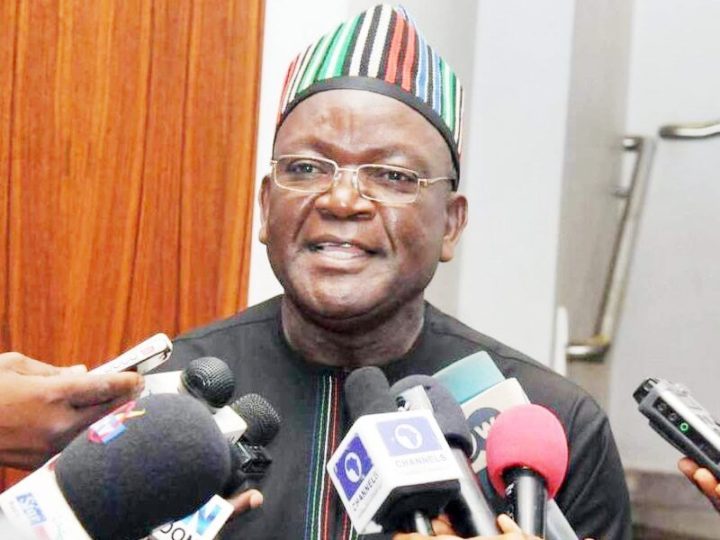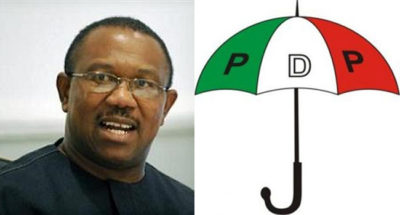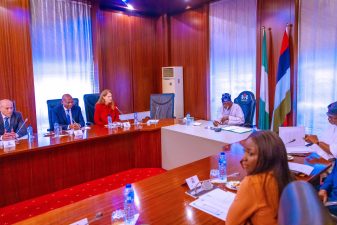President Muhammadu Buhari’s refusal to assent to the electoral act amendment bill drew reactions from several quarters on Tuesday.
While Governors such as Kayode Fayemi of Ekiti and Samuel Ortom of Benue State lauded the President’s decision, civil society organisations (CSOs) and some federal lawmakers were clearly disappointed.
The National Assembly had transmitted the bill to the President in November but in a letter dated December 13 and forwarded to the National Assembly, he informed them of his decision to withhold his signature.
In his letter, President Buhari cited several issues with the bill’s clause on direct primaries.
The President, according to the letter, explained that direct primaries are expensive. This, he said, will put a financial burden on the country’s resources.
He further noted that conducting direct primary elections will be tasking, explaining that since such mode of election means a large turnout of voters, the move would stretch the security agencies.
The Nigerian leader equally fears that with direct primaries, citizens’ rights will be violated while smaller political parties may face marginalisation.
According to him, the move will also lead to more litigations by party members.
Senators on Tuesday held closed-door sessions to discuss the next steps over the bill.
A Senator of the Peoples Democratic Party, George Sekibo, in an interview with Channels Television said some Senators were considering a veto of the bill.
By law, the National Assembly can bypass presidential assent of a bill into law through a two-third majority vote.
According to Sekibo, a total of 73 signatures have been compiled for the veto.
However, Senate President Lawan adjourned Tuesday’s session till Wednesday where a decision over the matter is expected to be made.
At the House of Representatives, deliberations over the bill’s setback were shifted to 2022.
Speaker Femi Gbjabiamila revealed this on Tuesday as the lawmakers went on recess for the Christmas and New Year break.
“As it is now, that bill has not received presidential assent, and it falls to parliament to decide the best way forward,” Gbjabiamila told his colleagues. “When we return in the new year, we will resume our efforts to reform the electoral system in our country; and we will do it together.
“That is what the Nigerian people expect of us, and we will do our duty for God and country. As long as this one breathes, it will survive. When we return, we will address it.”




